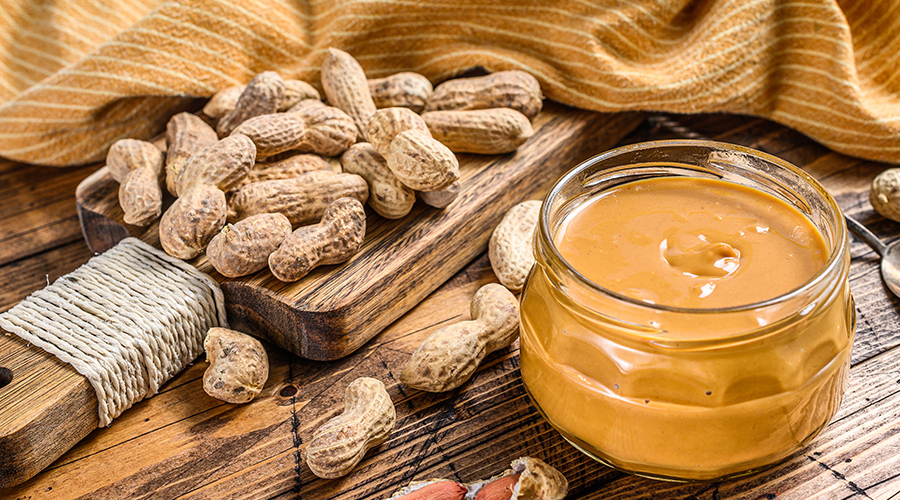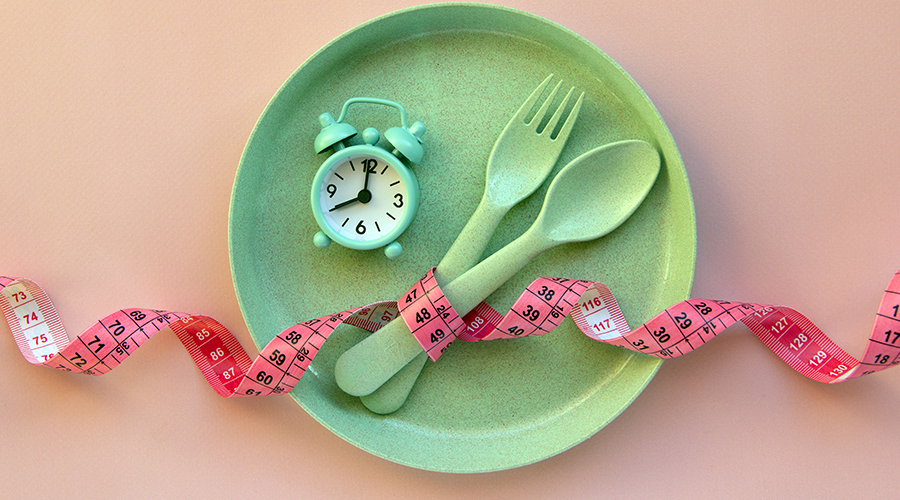Debunking the Myth: Do Fat Burners Really Work?
30 September 2025
Hello Ziddis! Working out is often the result of wanting to either lose weight or look bulky. But whatever your reason might be, burning fat is always the first step. The market is flooded with promises of quick weight loss by fat burners, which are often promoted as a magic potion to shed a few kilos in just a few days. But do these fat burners actually deliver the results that they proudly claim? Let us uncover what these fat burners promise vs what they deliver.
Do Fat Burners Work?
Fat burners are a type of dietary supplement which are designed to increase metabolism, reduce fat absorption and help the body burn more fat for energy. The common ingredients in these fat burners are caffeine, green tea extract, L-carnitine and capsaicin.
The truth is, fat burners can have some effect on weight loss, but they are not magic pills to make your tummy flab disappear overnight. When combined with a nutritious diet, regular exercise and a healthy lifestyle, fat burners show the best results rather than when taken without any changes to make a better lifestyle. In short, they might offer a slight boost, but they are not a replacement for proper lifestyle habits.
What Does a Fat Burner Do?
Fat burners have a simple process of working, but several mechanisms:
- Fat burners increase metabolism by using ingredients like caffeine and green tea extract. They temporarily boost your metabolism. This allows your body to burn more calories throughout the day.
- Some fat burners contain compounds that help in reducing hunger, due to which you end up eating less than you usually would.
- L-carnitine in fat burners helps in transporting fatty acids into cells, where they are transformed into energy. This process is fat oxidation.
- Compounds like capsaicin, found in fat burners and naturally in chilli peppers, help increase body heat and calorie expenditure through the process of thermogenesis.
While these mechanisms sound promising, their effects are modest and require your efforts as well. For example, caffeine-based fat burners can increase the rate at which your body burns calories by 50 to 100 calories per day, which is equivalent to a short 15-20 minute walk, so when complemented with movement, it will help you burn fat faster, but it can not be used as a replacement for a healthy diet or exercise.
Advantages of Fat Burners
Despite some limitations, fat burners have a great record in showing benefits on fat loss, like:
- Short-term energy boost due to caffeine
- Mild appetite suppression
- Psychological motivation, focus and mental clarity
- Improved metabolism because of ingredients like green tea catechins
- Reduces hunger pangs and appetite

Do Fat Burners Work for Weight Loss Without Exercising?
A common misconception that people have is that fat burners are enough to burn your fat and vanish the flabs by changing them into chiselled abs. Unfortunately, fitness is hard work and requires you to maintain a calorie-deficient diet, a healthy lifestyle and regular movement to be able to see changes in your body.
Fat burners increase the calorie burn and suppress the appetite, but without regular exercise and a balanced diet, the effects are minimal.
For example, if you take a fat burner every day but also indulge in a high-calorie diet, the fat burners will barely show any effect, making you think it is futile. In this case, the fat burners are trying to stop the fat from building up, but can not be successful in burning your existing fat. Hence, it is important to understand that fat burners are supplements, not replacements.
Fat Burners Benefits vs Calorie Deficit Diet
When you compare fat burners with a calorie-deficient diet, there is no one way to determine which form is most reliable. When acted upon individually, calorie-deficient diets and fat burners have their own strengths and can, at best, help maintain fat quotient, but not much in losing that fat in a sustainable way. Healthy fit foods, including fewer calories for more nutrition, like oat protein, can help in maintaining a low-calorie snacking experience.
When you combine the power of fat burners with a consistent calorie-deficient diet, you can achieve better results in your fat loss journey. A person who maintains a moderate calorie deficit through portion control, nutrient-rich foods, and regular physical activity will achieve better results than relying solely on a supplement.
Read Also: Top 7 Ways to Make Fat Burners More Effective
Takeaway
Think of fat burners as a tool rather than a foundation. They may give you a slight edge, but the real transformation comes from building healthy habits that last. Always consult a healthcare professional before starting any supplement, especially if you have underlying health conditions or take medications. In conclusion, fat burners do work when complemented by a healthy lifestyle, but cannot replace the core pillars of weight loss: proper nutrition, calorie management, and regular physical activity.









 100% Safe & Secure payments:
100% Safe & Secure payments:




